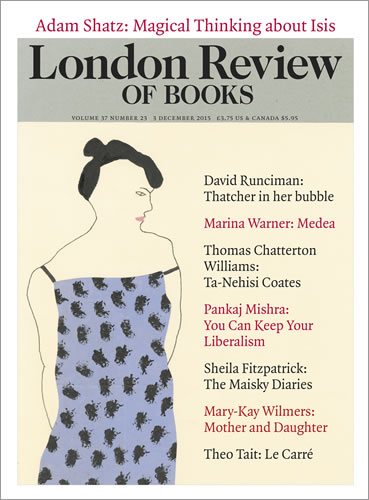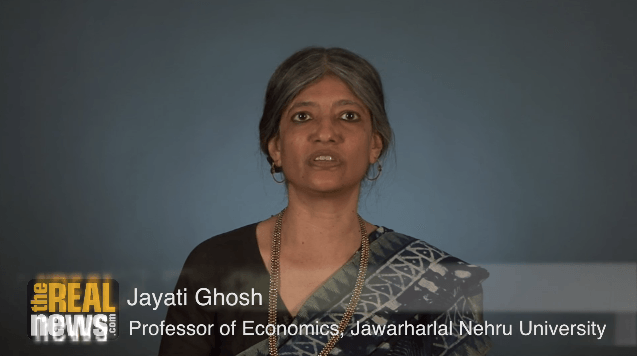A bit old, from Dec 2015 but still fresh.
Pankaj Mishra in London Review Of Books:
Visiting Africa and Asia in the 1960s, Conor Cruise O’Brien discovered that many people in former colonies were ‘sickened by the word “liberalism”’. They saw it as an ‘ingratiating moral mask which a toughly acquisitive society wears before the world it robs’. O’Brien – ‘incurably liberal’ himself (at least in this early phase of his career) – was dismayed. He couldn’t understand why liberalism had come to be seen as an ‘ideology of the rich, the elevation into universal values of the codes which favoured the emergence, and favour the continuance, of capitalist society’. This seemed to him too harsh a verdict on a set of ideas and dispositions that appeared to promote democratic government, constitutionalism, the rule of law, a minimal state, property rights, self-regulating markets and the empowerment of the autonomous rational individual.
Liberal ideas in the West had emerged in a variety of political and economic settings, in both Europe and North America. They originated in the Reformation’s stress on individual responsibility, and were shaped to fit the mould of the market freedoms that capitalism would need if it was to thrive (the right to private property and free labour, freedom from state regulation and taxation). They did not seem particularly liberal to the peoples subjugated by British, French and American imperialism in the 18th and 19th centuries. Contradictions and elisions haunted the rhetoric of liberalism from the beginning. ‘How is it,’ Samuel Johnson asked about secession-minded American colonists, ‘that we hear the loudest yelps for liberty among the drivers of negroes?’ John Stuart Mill credited India’s free-trading British overlords with benign liberal intentions towards a people self-evidently incapable of self-rule. ‘Despotism,’ he wrote, ‘is a legitimate mode of government in dealing with barbarians, provided the end be their improvement.’ Alexis de Tocqueville, by contrast, felt no need of the ingratiating moral mask; the French colonial project in Algeria was a glorious enterprise, a vital part of French nation-building after decades of political turmoil.
It wasn’t only the entwined history of liberalism and imperialism that in the 1960s made many Asians and Africans suspect American and European liberals of being ‘false friends’ …

